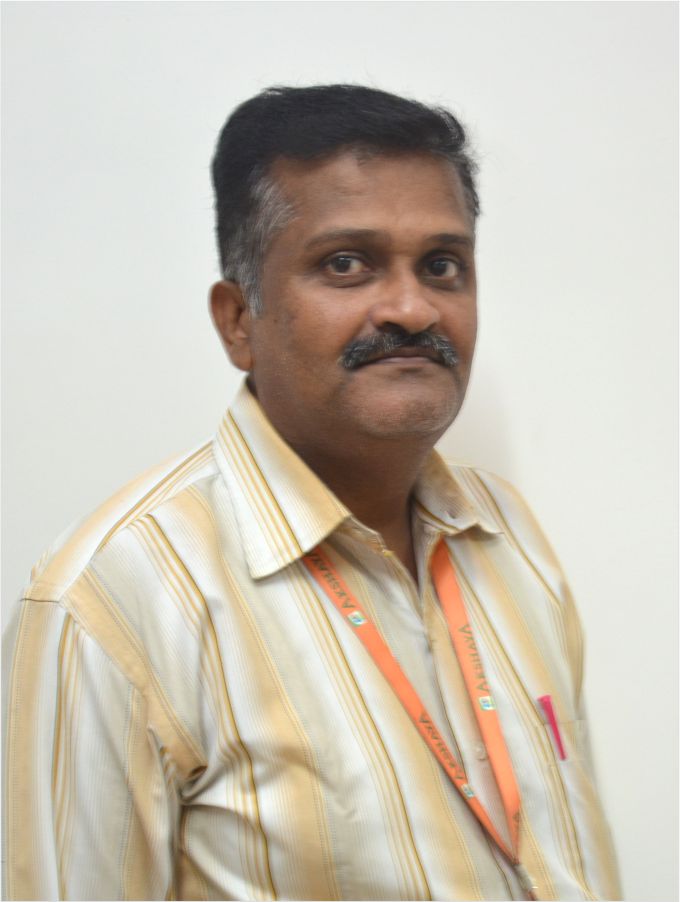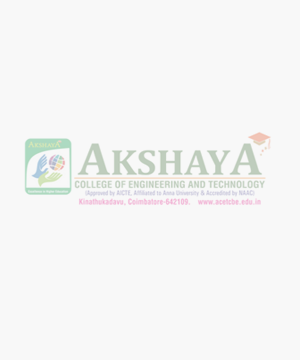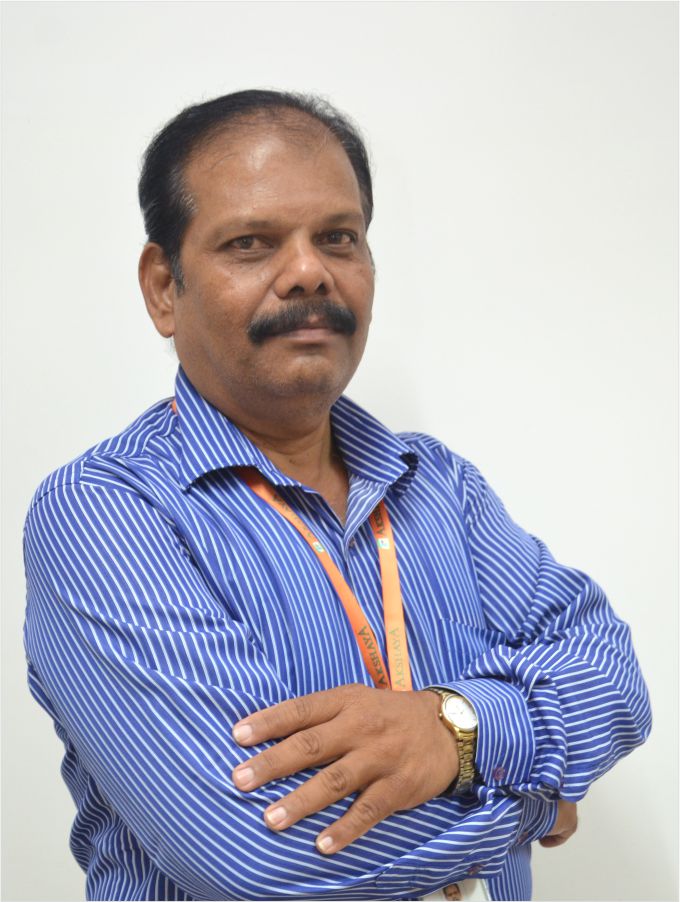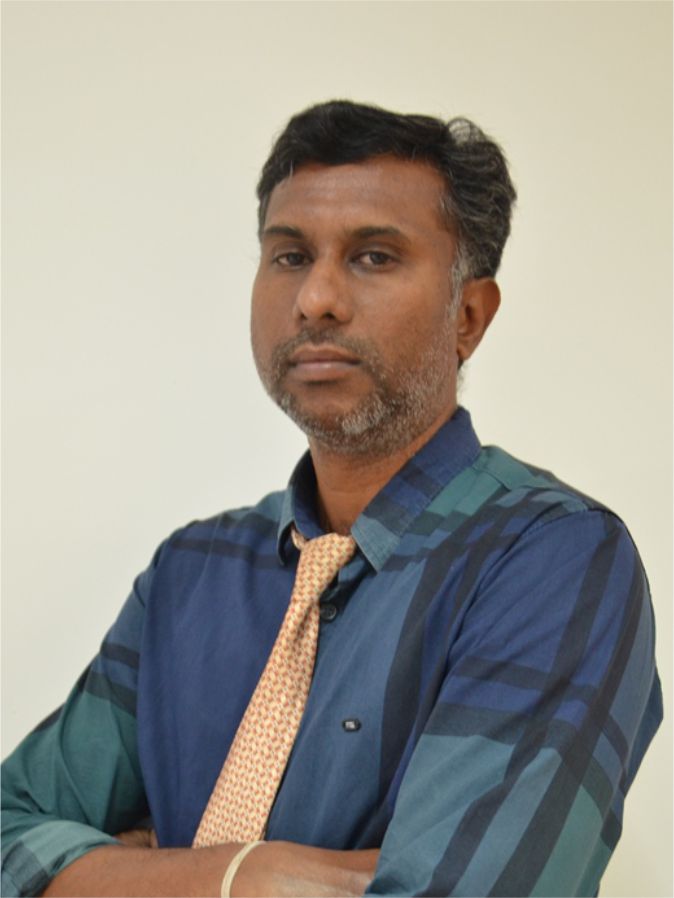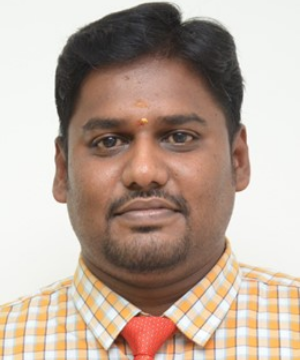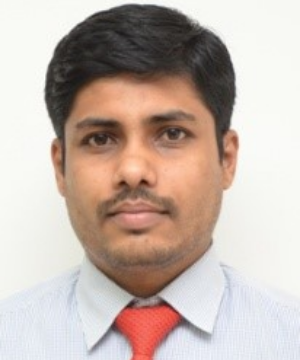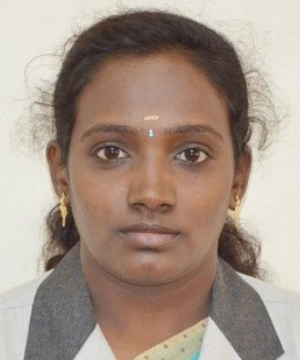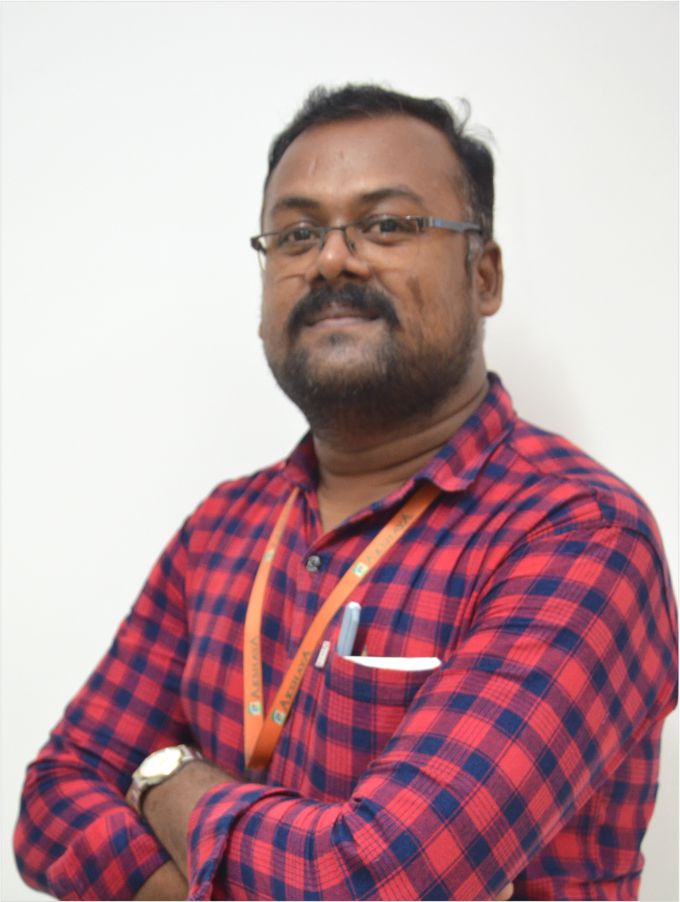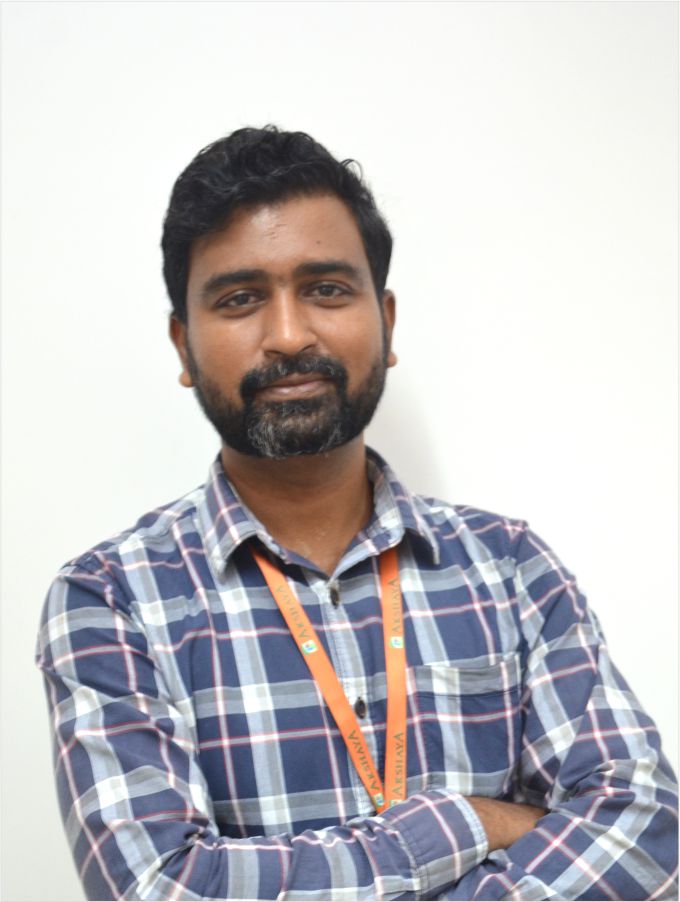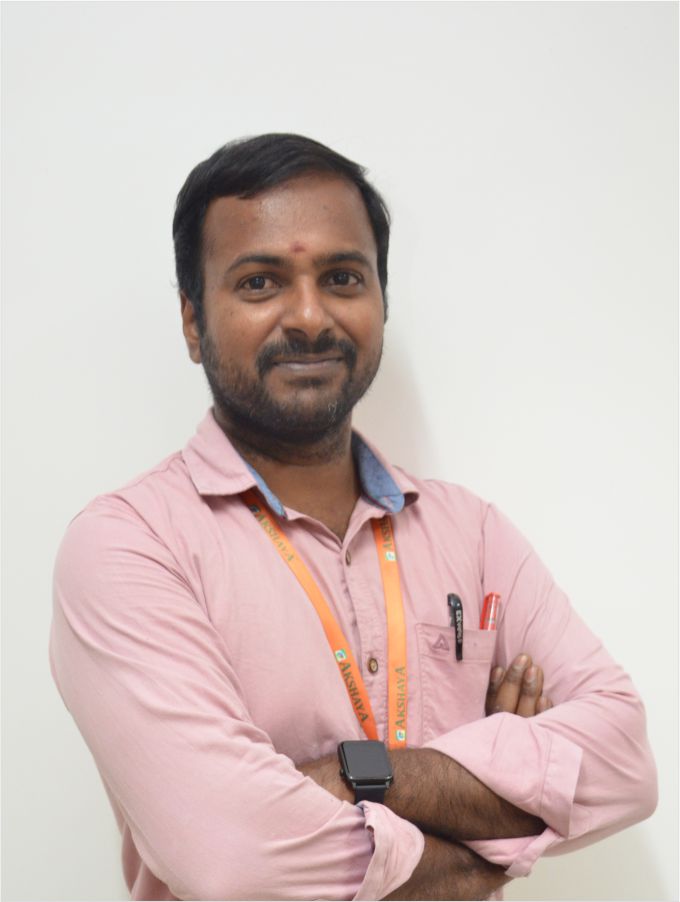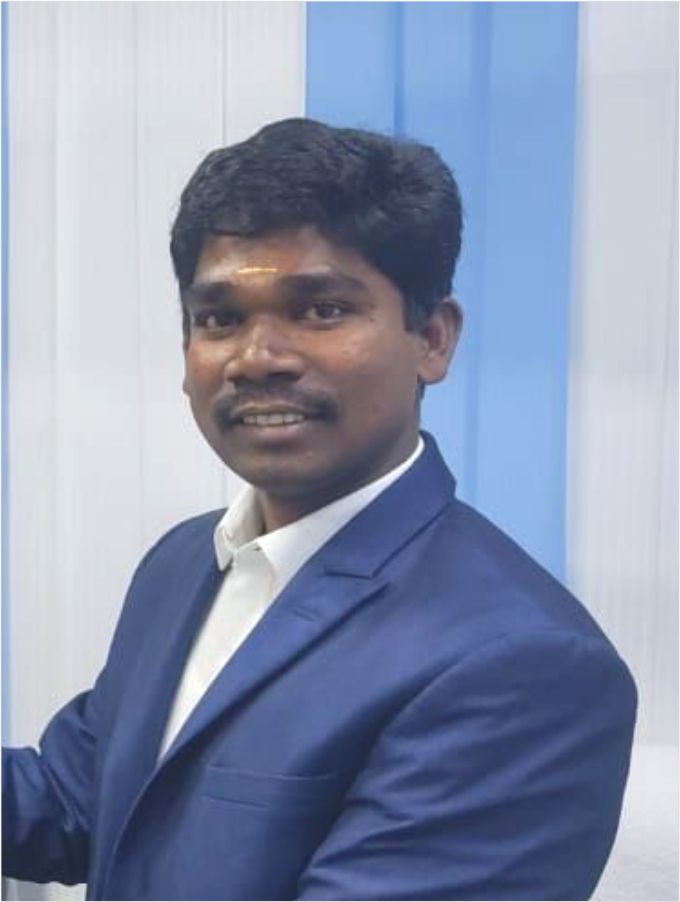About the Department
Established in 2009 at Akshaya College of Engineering and Technology, the Department of Mechanical Engineering offers a four-year B.E. degree programme with an intake of 30 students. The course is meticulously structured with the latest innovative technologies in the field of Industrial and Manufacturing Engineering to cultivate highly skilled professionals. The department focuses on providing a comprehensive education in Mechanical Engineering, emphasising practical application and hands-on experience. The department's primary aim is to produce graduates who are well-equipped with the knowledge and skills required to excel in the field of Mechanical Engineering, contributing to the development of society and industry. Through a blend of theoretical learning and practical training, students are prepared to meet the challenges of the ever-evolving engineering landscape.
Vision
To endeavor the excellence in Mechanical Engineering by producing competent and confident graduates to face the future challenges.
Mission
- DM 1 : Provide transformative education and improve students’ skills to face the global challenges in Mechanical and Allied Engineering.
- DM 2 : Nurture innovation, attitude, creativity, core competency and serve the society through innovative solutions and products.
- DM 3 : Inculcate real world challenges, emerging technologies and endeavor the students to become entrepreneurs or employable.
- PO 1 : Engineering knowledge: Apply the knowledge of mathematics, science, engineering fundamentals, and an engineering specialization to the solution of complex engineering problems.
- PO 2: Problem analysis: Identify, formulate, review research literature, and analyze complex engineering problems reaching substantiated conclusions using first principles of mathematics, natural sciences, and engineering sciences.
- PO 3: Design/development of solutions: Design solutions for complex engineering problems and design system components or processes that meet the specified needs with appropriate consideration for the public health and safety, and the cultural, societal, and environmental considerations
- PO 4: Conduct investigations of complex problems: Use research-based knowledge and research methods including design of experiments, analysis and interpretation of data, and synthesis of the information to provide valid conclusions.
- PO 5: Modern tool usage: Create, select, and apply appropriate techniques, resources, and modern engineering and IT tools including prediction and modeling to complex engineering activities with an understanding of the limitations.
- PO 6: The Engineer and Society: Apply reasoning informed by the contextual knowledge to assess societal, health, safety, legal and cultural issues and the consequent responsibilities relevant to the professional engineering practice.
- PO 7: Environment and Sustainability: Understand the impact of the professional engineering solutions in societal and environmental contexts, and demonstrate the knowledge of, and need for sustainable development.
- PO 8: Ethics: Apply ethical principles and commit to professional ethics and responsibilities and norms of the engineering practice.
- PO 9: Individual and Team work: Function effectively as an individual, and as a member or leader in diverse teams, and in multidisciplinary settings.
- PO 10: Communication: Communicate effectively on complex engineering activities with the engineering community and with society at large, such as, being able to comprehend and write effective reports and design documentation, make effective presentations, and give and receive clear instructions.
- PO 11: Project management and Finance: Demonstrate knowledge and understanding of the engineering and management principles and apply these to one’s own work, as a member and leader in a team, to manage projects and in multidisciplinary environments.
- PO 12: Life-long learning: Recognize the need for, and have the preparation and ability to engage in independent and life-long learning in the broadest context of technological change.
- PSO1: Professional skills: Students shall understand, analyze, design and develop integrated equipment, thermal devices and composite components manufacturing.
- PSO2: Competency: Students shall qualify at the State, National and International level competitive examination for employment, higher studies and research.
- PEO 1: Graduates shall excel in the field of design, thermal, materials and manufacturing, as successful engineers or researchers or as entrepreneurs.
- PEO 2: Graduates will analyze problems, design solutions and develop products as a team member in advanced industrial projects.
- PEO 3: Graduates shall have professional ethics, team spirit, life-long learning, good oral and written communication skills and adopt corporate culture, core values and leadership skills.
Head Of The Department (HOD)
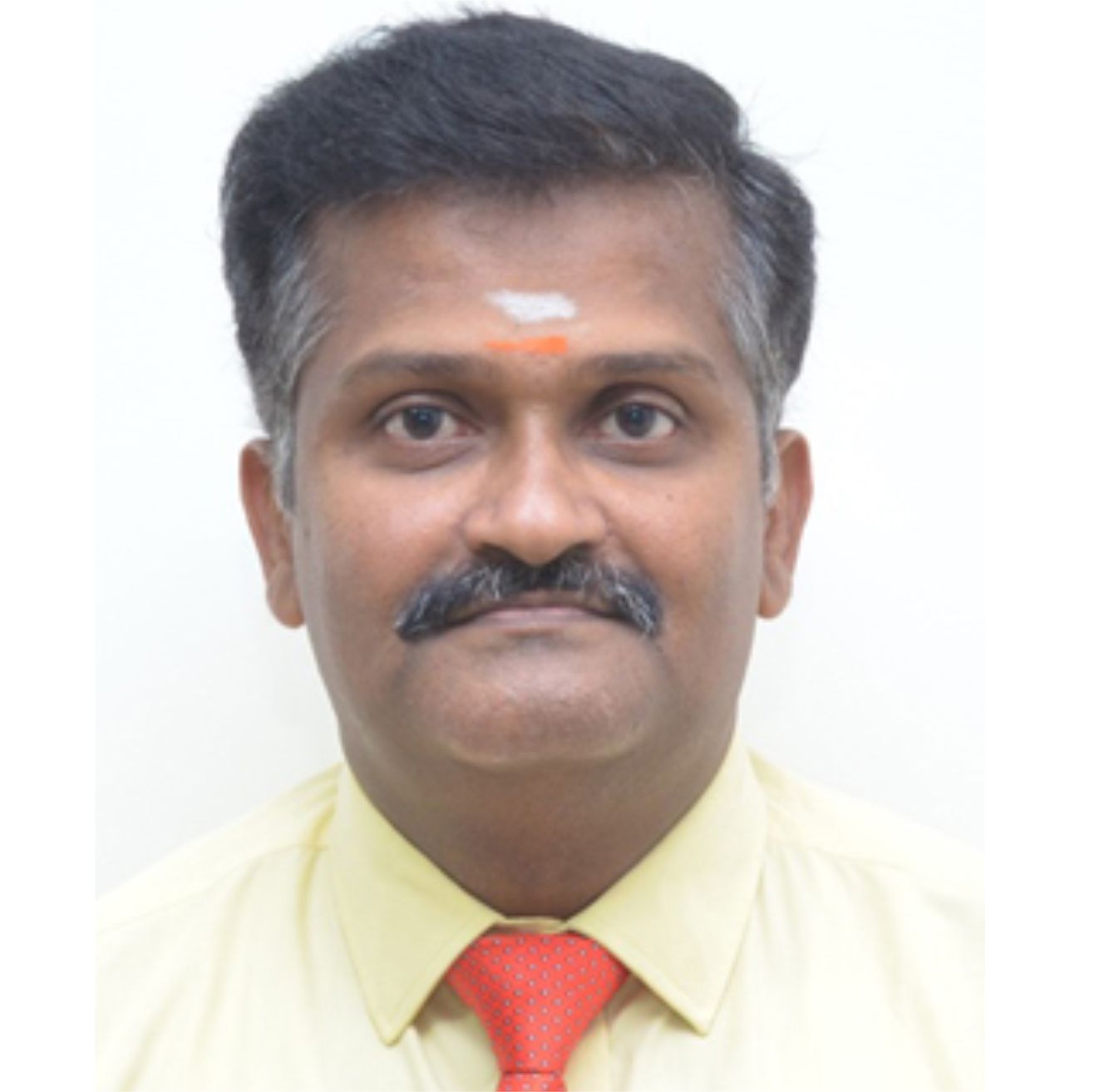

Mr.V.Suresh Kumar
-
DesignationAssistant Professor
-
Educational QualificationM.E.,
-
Teaching Experience14 Years 2 Months
-
Email Idsureshkumar@acetcbe.edu.in
Faculty Profile
